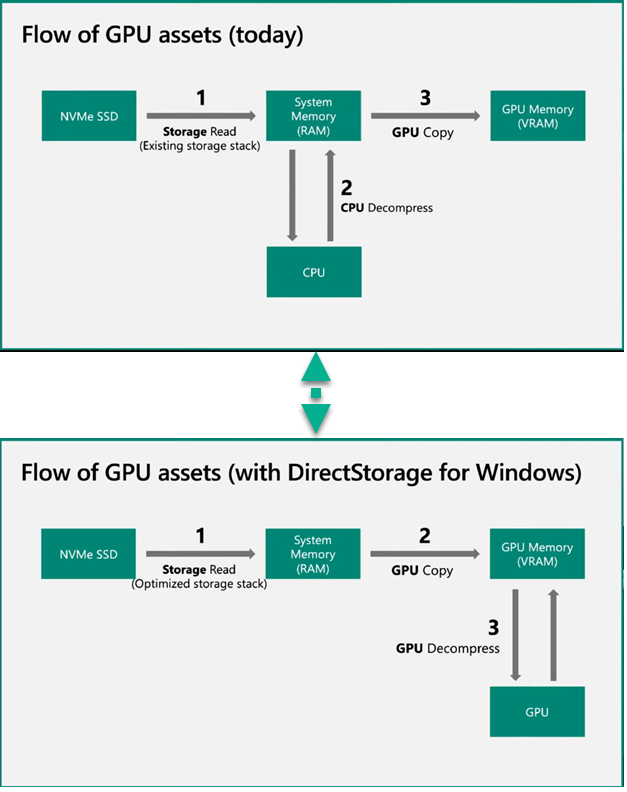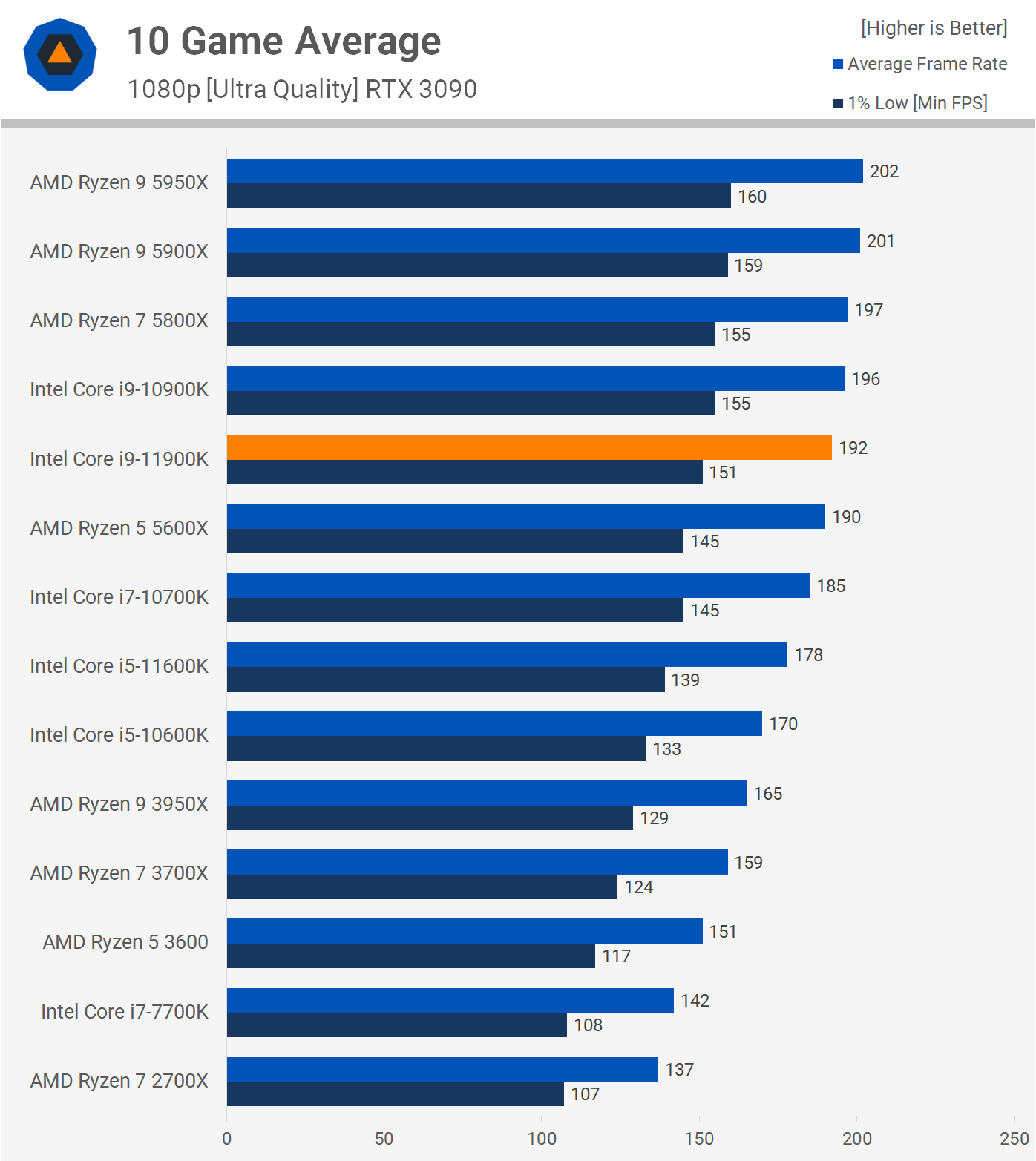The 5800x is a great value. It's the fastest 8 core, great for gaming and rendering. It's snappy, no lag.
It's got relatively low power draw. If I had gone Intel 11700 I would probably would have have needed to upgrade my 650 watt Seasonic Platinum PS.
The biggest value is the 'hand me down' capability. When I upgrade to Zen 4 next year, I'll pass my 5800x on to my wife's computer which has a B450 mobo. It'll be a drop-in replacement for her 1800x, which goes to my daughter. No need to upgrade the cooling either. Or I might drop it into my mini-itx X470 box, which is feasible due to the lower power draw. I wouldn't want to put an 11900 into a small shoebox.
The 5800x is the sweet spot of gaming CPUs. It's easily worth an extra $60 bucks over the 11700.
It's got relatively low power draw. If I had gone Intel 11700 I would probably would have have needed to upgrade my 650 watt Seasonic Platinum PS.
The biggest value is the 'hand me down' capability. When I upgrade to Zen 4 next year, I'll pass my 5800x on to my wife's computer which has a B450 mobo. It'll be a drop-in replacement for her 1800x, which goes to my daughter. No need to upgrade the cooling either. Or I might drop it into my mini-itx X470 box, which is feasible due to the lower power draw. I wouldn't want to put an 11900 into a small shoebox.
The 5800x is the sweet spot of gaming CPUs. It's easily worth an extra $60 bucks over the 11700.



